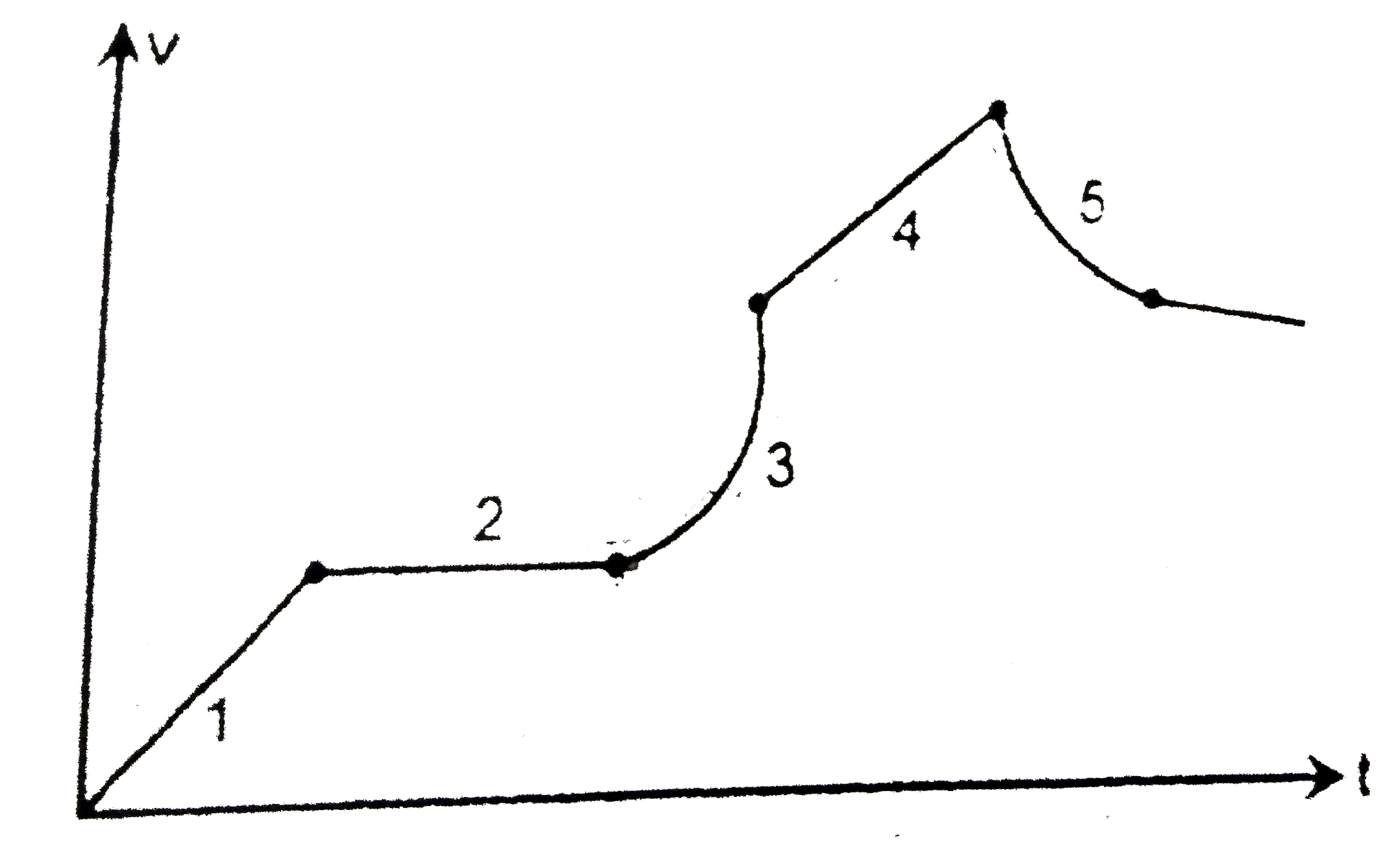All the following tissues in mammals except one consists of a central 'medullary' region surrounded by a cortical region. Mark the wrong entry:
1. Ovary
2. Adrenal
3. Liver
4. Kidney
Ovary
Adrenal cortex
Liver
Kidney
The correct Answer is:C
Step by step video, text & image solution for All the following tissues in mammals except one consists of a central 'medullary' region surrounded by a cortical region. Mark the wrong entry: 1. Ovary 2. Adrenal 3. Liver 4. Kidney by Biology experts to help you in doubts & scoring excellent marks in Class 11 exams.
Topper's Solved these Questions
Similar Questions
Knowledge Check
- Question 1 - Select One
Consider the following statements each with one or two blanks.
(i). Towards the centre of the inner concave surface of the kidney is a notch called (1) through which ureters, blood vesels and nerves enter.
(ii). The medulla of kidney is divided into a few conical masses called (2) projecting into the (3).
(iii). Glomerulus is a tuft of capillaries formed by the (4). artery. Blood from the glomerulus is carried away by an (5) artery.
Which one of the following options correctly fills the blanks in any two of the statements?A(1)-renal pelvis, (2)-calyces,(3)-medullary pyramidsB(2)-medullary pyramids, (3)-alyces, (4)-afferent, (5)-efferentC(2)-columns of bertin, (3)-chordae tendinae, (4)-efferent, (5)-afferentD(1)-filum, (4)-efferent, (5)-afferent
All the following tissues in mammals except one consists of a central 'medullary' region surrounded by a cortical region. Mark the wrong entry:
1. Ovary
2. Adrenal
3. Liver
4. KidneyView SolutionWhich of the following statements is correct for bacterial flagella ? Option 1 Gram negative have 4 rings whereas Gram positive have 2 rings in their basal body Option 2 Made up of flagellin proteins in which 8 flagellin molecules surrounds a hollow cylinder Option 3 Flagella of bacteria can be stained by Leifson stain Option 4 All of these
View Solution(a) In a nuclear reaction 32He+32He→42He+11H+11H+12.86 MeV, though the number of nucleons is conserved on both sides of the reaction, yet the energy is released. How? Explain.
(b) Draw a plot of potential energy between a pair of nucleons as a function of their separation. Mark the regions where potential energy is (i) positive and (ii) negative.View SolutionWhich of the following statements is incorrect for secondary meristems?
(1) They regenerate the parts of grasses damaged by grazers.
(2) They are the cylindrical meristems.
(3) They occur in the mature regions of roots and shoots.
(4) They appear later than primary meristems in the life of a plant.View SolutionThese questions consists of two statements each printed as Assertion and Reason. While answering these question you are required to choose any one of the following five reponses
(a) If both Assertion and Reason arecorrect and Reason is the correct explanation of Asserrtion.
(b) If both Assertion and Reason are correct but Reason is not the correct explanation of Assertion.
(c ) If Assertion is true but Reason is false.
(d) If Assertion is false but Reason is true.
Assertion. Velocity of a block changes from (2ˆi+3ˆj)ms−1 to (−4ˆi−6ˆj)ms−1. Then, work done by all the forces during this interval of time is positive.
Reason Speed of block is increasing.View SolutionThe IUPAC name of [Co(H2NCH2CH2NH2)2(NO2)NO5 is bis(enthane-1,2-diamine) dinitrito-N-cobalt(III) nitrate.It follows the following rules that.
(a)Cation is named first followed by anion.
(b) Ligands are named in an alphabetical order before the name of the central atom/ion.
( c)Name of anionic ligands end in "o" (ex.chlorido) those of neutral (and if cation) ligands are the same except aqua for H2O, ammine for NH3 etc.
(d)Prefixes mono,di,tri,etc.are used to indicate the number of individual ligand.When the name of the ligands include a numerical prefix, then terms bis, tris, tetrakis are used.
(e)Oxidation state of the metal is indicated by Roman numeral in parenthesis.
(f) For cationic and neutral complexes, the metal is named same as the element and for anionic complex, the name of metal ends with suffix-ate.For some metals, the Latin names are used in the complex anions , e.g., ferrate for Fe, argentate for silver etc.
The IUPAC name of Fe4[Fe(CN)6]3 is :View SolutionRefering to the v−t curve, which of the following are correct ?
(i) Acceleration is uniform in region 1
(ii) The particle moves along +x−direction with uniform velocity in region 2.
(iii) Acceleration increases with time in region 3 and while the particle speed up, acceleration decreases in region 4
(iv) The particle deccelerates in region 5.
 View Solution
View Solution

